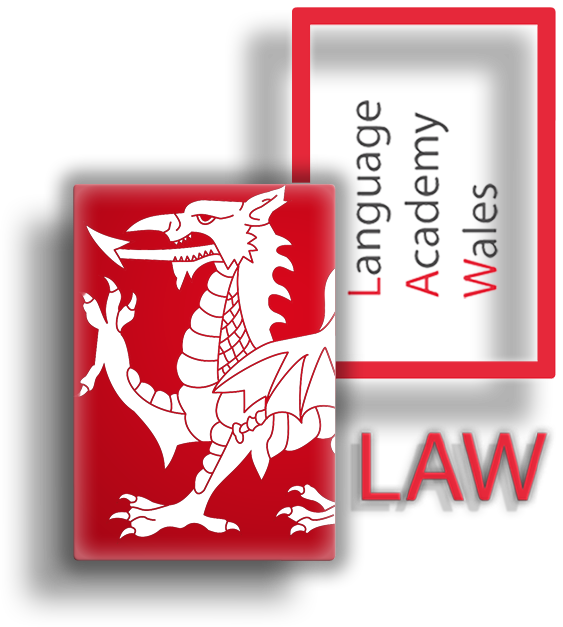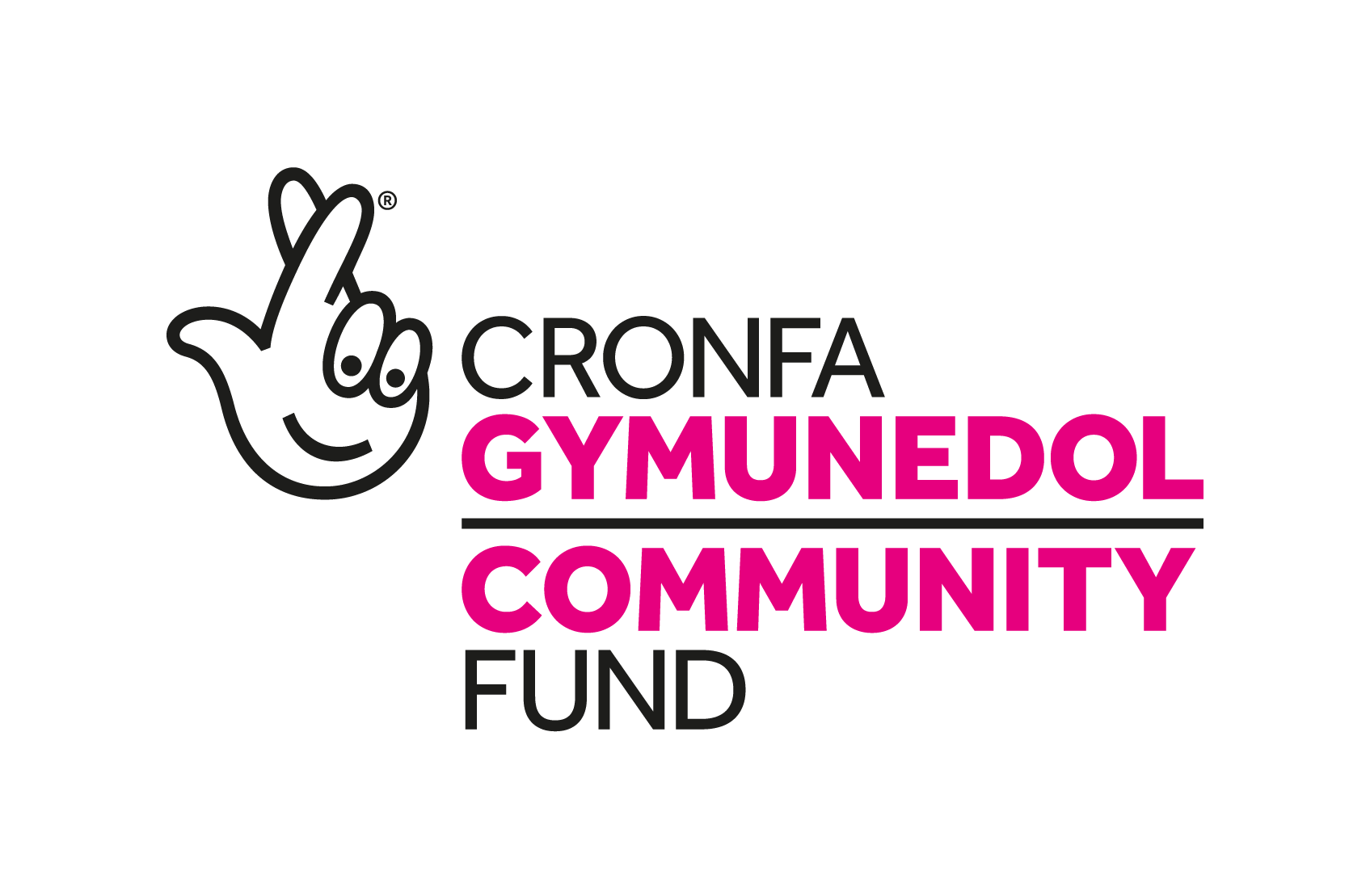What is Key Action 2 (KA2)
Cooperation for innovation and the exchange of good practices
Under Key Action 2, organisations can apply for funding to work in partnership with organisations from other participating countries.
The projects funded under this Key Action will focus on sharing, developing and transferring innovative practices in education, training and youth provision between participating countries.
Key Action 2 covers the five fields of higher education, vocational education and training (VET), schools, adult education and youth. It is important to note that target groups and activities for Key Action 2 can vary by field.
Key Action 2 aims to increase the positive impact of European activities at all levels to ensure benefits for the individuals, organisations and countries involved in projects.
Which Actions are supported?
This Key Action supports:
- Strategic Partnerships in the field of education, training and youth;
- Knowledge Alliances – European Universities cooperation between higher education institutions and enterprises;
- Sector Skills Alliances ensuring cooperation between education and employment in tackling skills gaps with regard to one or more occupational profiles in a specific sector;
- Capacity Building in the field of higher education supporting cooperation with Partner Countries.;
- Capacity Building in the field of youth supporting cooperation with Partner Countries.
What are the goals of KA2?
Projects funded under this Key Action are also likely to have a positive impact on the persons directly or indirectly involved in the activities, such as:
- increased sense of initiative and entrepreneurship
- increased competence in foreign languages;
- increased level of digital competence;
- greater understanding and responsiveness to social, ethnic, linguistic and cultural diversity;
- improved levels of skills for employability and new business creation (including social entrepreneurship);
- more active participation in society;
- more positive attitude towards the European project and the EU values;
- better understanding and recognition of skills and qualifications in Europe and beyond;
- improved competences, linked to professional profiles (teaching, training, youth work, etc.);
- better understanding of practices, policies and systems in education, training or youth across countries;
- better understanding of interconnections between formal, non-formal education, vocational training, other forms of learning and labour market respectively;
- increased opportunities for professional development;
- increased motivation and satisfaction in daily work.


